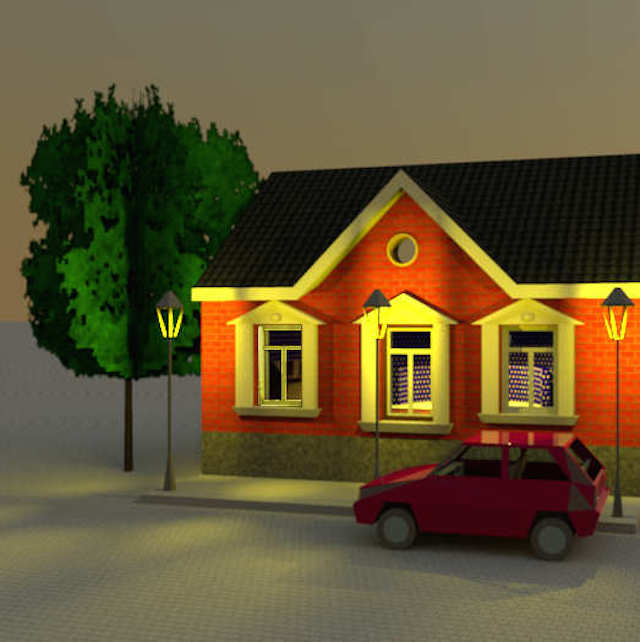

He claims the houses will take one month to install as opposed to three to six months using traditional methods. Starr said a typical project of this scale would take around three years, but they're planning for no more than a year and a half since his team can work on the foundations and roads in parallel with Mighty Buildings printing the material for the homes. Mighty Buildings is producing the interior and exterior walls, which come with connectors so they can be easily assembled onsite. It's currently backlogged through the rest of the year and secured $40 million in funding last month, which Dubov said will go toward scaling manufacturing capabilities.įor the Rancho Mirage project, the homes come as a kit and fit together like Lego bricks. The company delivered its first 3D-printed panels last January and has created about 10 homes since, but the factory will pump out homes at a blistering pace going forward.

The 15-home community will be Mighty Buildings' biggest project by far.

He added that the material is also more thermal efficient than concrete, reducing the energy needed to maintain the home's temperature. Because it's lighter, we reduce costs in transportation," Dubov said. "It feels like a countertop in a kitchen. The synthetic stone hardens when exposed to UV light, which makes it both stronger and lighter than concrete with a longevity of more than 70 years. What was once a 7,900-square-foot garage operation in Redwood City has turned into a 79,000-square-foot warehouse in Oakland that uses robots to print a composite material the company invented called Light Stone Material. Alexey Dubov co-founded Mighty Buildings in 2017, and, in the time since, he and his company of over 100 employees have been developing the 3D-printing technology and becoming certified by Underwriter Laboratories, the company that tests for safety and sustainability standards. The construction will take only a matter of months, but the project has been years in the making. Palari accepted cryptocurrency for the deposits, and two buyers paid in Bitcoin. Optional upgrades include a pergola, cabana, hot tub, fire pit and outdoor shower. The pre-sale campaign started in late February and sold out within days, with buyers paying $1,000 to reserve a spot, according to Palari CEO Basil Starr. "It was reassuring to see such demand for these homes," Starr said, adding that most of the buyers were tech-savvy millennials with a passion for sustainability. They also offer high-tech Darwin wellness systems by New York-based Delos, with water filtration and circadian lighting.


 0 kommentar(er)
0 kommentar(er)
